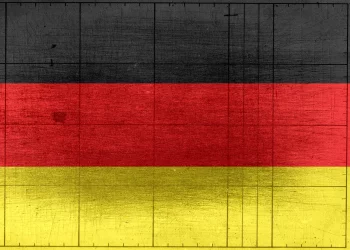
Since you are interested in going to business school for an MBA or Master’s degree the various types of economy could be of interest to you. In this video, Alex Gendler explains what it means to be part of a gift economy.
What if, this holiday season, instead of saying "thank you" to your aunt for her gift of a knitted sweater, the polite response expected from you was to show up at her house in a week with a better gift? Or to vote for her in the town election? Or let her adopt your firstborn child? This might sound strange at first but Alex Gendler explains how this would be perfectly normal if you were involved in a gift economy.
In a gift economy gifts given without explicit conditions are used to foster a system of social ties and obligations. While in a market economy there is a relationship between the things being traded, in a gift economy there is a relationship between the people doing the trading.
Gift economies have existed throughout human history. The first studies of the concept came from anthropologists Branislav Malinovski and Marsel Mass. They discovered that some native tribes were making long and dangerous journeys to exchange shell necklaces and armbands. These ornaments had no practical use but delivered a message of mutual obligation.
Other gift economies may involve useful items such as livestock and blankets. Participants in a gift economy use gifts to accumulate social wealth. Though some instances of gift economy may resemble trade, the difference is that the original gift is given without any preconditions or agreements. Instead it is expected that the recipients will voluntarily return the favour.
The rules of how to do so vary from culture to culture. The return of a gift can take many forms. When we think about it, parts of our own societies work in similar ways. Artists, musicians and others in the field of the arts in general are great examples of gift economy.
Enjoy watching and don’t forget to comment!


Comments